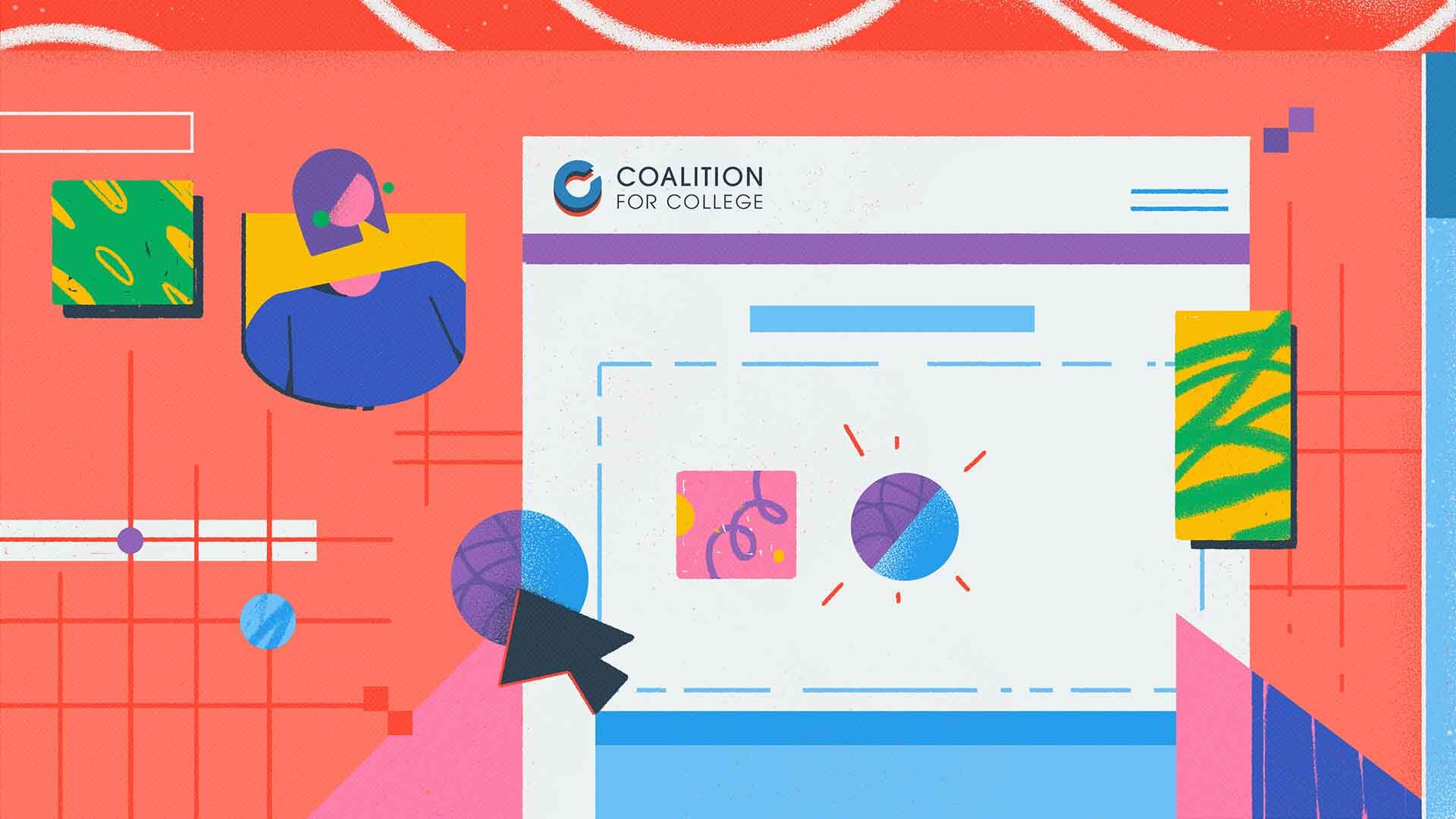The Hidden College Curriculum
For many high school students, the journey to college comes with unexpected challenges. Beyond academics, there’s a “hidden curriculum” — unspoken rules and norms that aren’t taught in classrooms or found in syllabuses.
What is the hidden curriculum?
The hidden curriculum includes unofficial, unwritten expectations that guide college life. These social, cultural, and academic practices are essential for success but are often learned through experience. First-generation college students, in particular, may not have prior exposure to these norms, but understanding them now can help level the playing field.
Examples of the hidden curriculum
While the hidden curriculum varies by institution, here are common examples of what you’ll encounter in college:
Office Hours: Knowing when and how to visit professors during office hours can make a significant difference in academic success. It’s an opportunity to ask questions, clarify assignments, and build relationships with faculty who can provide mentorship or write recommendation letters.
Networking: College is as much about relationships as it is about academics. Building a network of peers, professors, and professionals opens doors to opportunities like internships, research, or even future jobs.
Advocacy: Learning to advocate for yourself is critical. This includes asking for help when struggling with coursework, negotiating extensions if needed, or seeking accommodations for specific needs.
Academic Jargon: Each academic field has its own language, and understanding this jargon is key to excelling. Whether it’s knowing how to read a syllabus or interpreting feedback on a paper, familiarity with academic norms helps students succeed.
Collaboration: Group work often requires navigating unwritten rules, such as respecting diverse perspectives, managing time effectively, and ensuring equitable contributions from all members.
While these are the basics of what you should understand, we’ve also put together a College Glossary, and a reference guide for Where to Get Help in College. These are great resources to read through now, but to also keep in your back pocket as you begin your college journey.
How You Can Prepare Now
To start building awareness of the hidden curriculum, you can take proactive steps to help prepare for the unknowns of college. Some ways to prepare are:
Ask Questions: Talk to school counselors, teachers, or mentors about their college experiences. Ask about unspoken norms and challenges they faced.
Practice Advocacy: Learn to ask for help, whether it’s requesting clarification on a class assignment or seeking advice on extracurricular activities.
Seek Mentorship: Connect with older students, alumni, or community members who can share insights about their college journeys.
Explore Resources: Familiarize yourself with resources like college websites, virtual tours, or mentorship programs designed for first-generation or underrepresented students.
Understanding the hidden curriculum of college is essential for success, especially for students navigating unfamiliar territory. By becoming aware of these unspoken rules and developing the skills to navigate them, you can approach college with greater confidence and readiness. Start asking questions, seeking mentorship, and building these habits now — you’ll be better equipped to thrive when the time comes.

